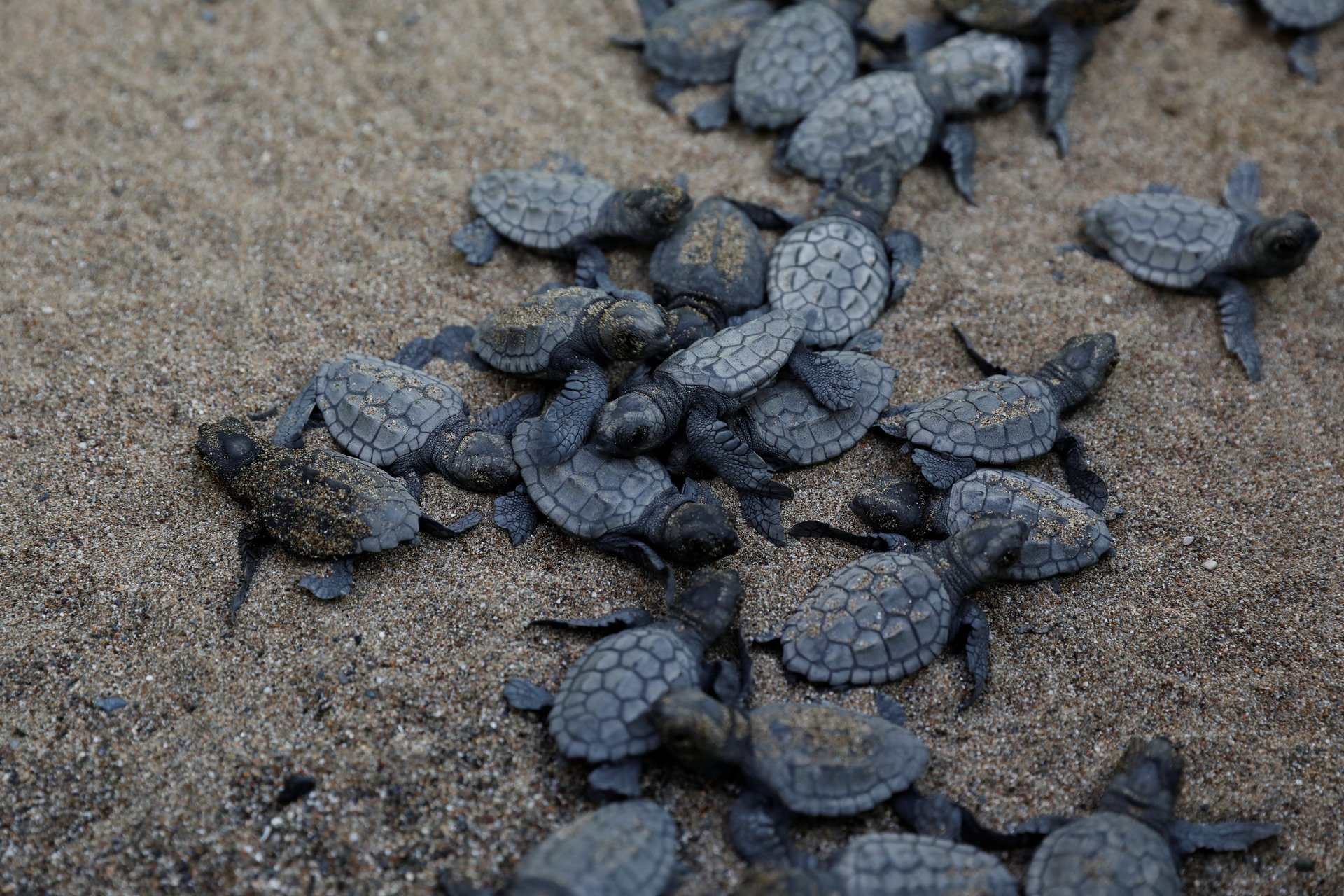A market for tiny turtles triggered an international criminal smuggling scheme
People ship all kinds of strange stuff through the US Postal Service, including, apparently, tiny turtles disguised as candy and covered in bright wrappers.


People ship all kinds of strange stuff through the US Postal Service, including, apparently, tiny turtles disguised as candy and covered in bright wrappers.
The US Department of Justice announced on Dec. 20 that it obtained yet another guilty plea from a defendant accused of participating in an international criminal conspiracy to ship protected turtles from the US to Hong Kong and receive similar shipments from overseas in return. Since September, five members of the same turtle-trading syndicate have pled guilty to federal charges. The latest of these was Thomas Gangemi of New Jersey, who faces up to five years in prison for conspiracy to smuggle wildlife.
The turtle-smuggling syndicate operated between January and June of 2016, according to prosecutors. Members used Facebook Messenger to communicate and coordinate turtle collection and shipments. Gangemi admitted last week in court that he collected turtles protected by US environmental laws for endangered animals and international treaties banning wildlife smuggling for the conspiracy’s ring leader, Steven Baker of North Carolina, who pled guilty to smuggling charges last June. The turtles were being smuggled and sold in a black market for rare and endangered animals.
The smugglers were caught after shipments were intercepted at JFK International Airport in New York. Court records show that the turtles were sometimes “covered in candy wrappers or stuffed in socks to prevent detection,” and shipped “in boxes labelled as snacks,” reports The State, a digital publication from the US Department of State’s Bureau of Human Resources.
American authorities have valued the turtles shipped by the criminal syndicate at $400,000. More importantly, prosecutors note that the conspirators’ activities threaten to “eradicate important animal species while exposing the United States to disease from illegally imported animals.”
The wildlife trade-monitoring network Traffic, released a report in May that found Hong Kong is the world’s second-largest market, after India, for smuggled endangered black-spotted turtles, which originate in South Asia, according to the South China Morning Post, But the latest US case indicates that the trade of illegal reptiles extends far beyond any one continent or species.
The good news for turtles is that this illegal trade is now mostly based on a growing demand for pets. Previously the endangered creatures, protected by international treaties, were mostly sought after for their meat, as delicacies. So at least they aren’t getting eaten.